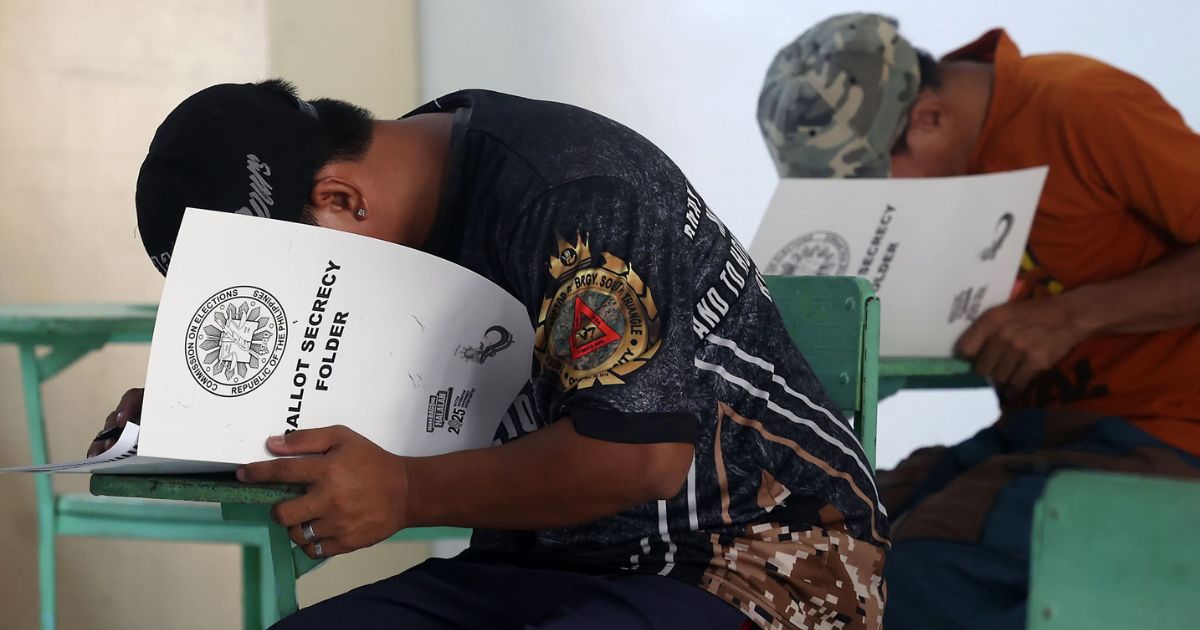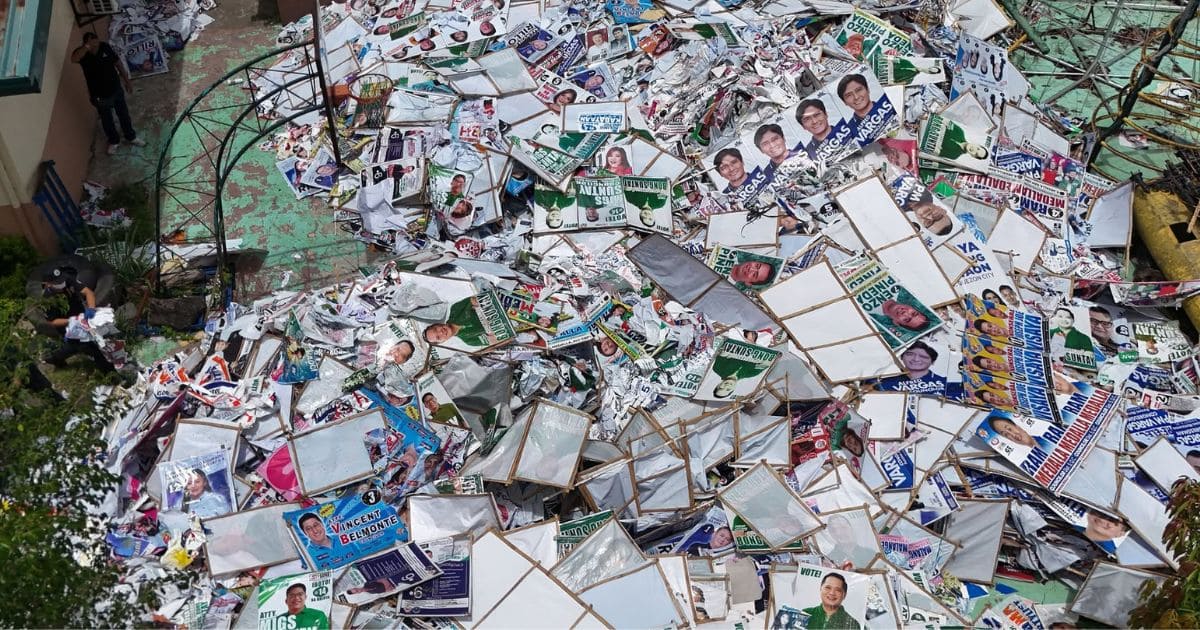The apolitical and privileged are worse than so-called ‘bobotantes’
Every week, PhilSTAR L!fe explores issues and topics from the perspectives of different age groups, encouraging healthy but meaningful conversations on why they matter. This is Generations by our Gen Z columnist Angel Martinez.
Another election season has come and gone, still with the same set of constants. Sure, there are rare beacons of light as surprise frontrunners, but there are also forces of evil dominating the polls—and the so-called "bobotantes" responsible for these devastating results.
Despite the term’s political incorrectness, we continue to blame the “bayarans,” the “balimbings,” and now, the Bisayas, in a shocking display of regionalistic insensitivity. The solution is always to proselytize, to preach, to meet them "at their level." But our superiority complex seems to not only further the divide, but also miss the mark completely.
There is no proof that we’re better, more engaged citizens than them, by default. We Gen Z pride ourselves in our sociopolitical awareness and action. But I’m starting to see how viewing ourselves as a monolith is an inconclusive and inaccurate exercise. Not all of us are chronically online, or constantly immersed in political discourse—some of us simply couldn’t care less, and they’re found in places we don’t always dare to look.

In college, I came from the school of management: an echo chamber where most students bore popular last names, hailed from prestigious high schools, and boasted of at least one family business. Although I thought an event as monumental as our first national election could bring them down to earth, I was surprised to witness how it didn’t.
A friend group I once had traded rallies for hair appointments and shopping sprees or refused to wear a certain color to a basketball game as a sign of support. They never kept tabs on current affairs, and steered clear of similar topics in person. One time, we had dinner with another friend I hadn’t seen in a long time, presumably because she was busy. When we asked her why we hadn’t heard from her, she said—while looking straight at me, if I may add!—that she just didn’t want to associate herself with anyone who was “noisy” on X.
Could this be a reason why some members of my generation still choose to be apolitical and think that evading such a divisive topic leads to social cohesion? Nothing kills the vibe like discussing how people are getting killed, right? Never mind the fact that injustices take place, whether we pay attention or not. Regardless of who ends up in power, they will enjoy upward mobility. There seems to be little to no interest in disrupting a system that spares or benefits them and their families.
Imagine: These people have access to physical and online classrooms to engage in critical thought; the influence among their circles to vote based on principle; and the ease of having an airconditioned subdivision clubhouse rather than a dilapidated public school for a polling center. And yet, some of them choose not to participate, anyway—those who are supposed to “know better.”
It helps to know, however, that not all of the rich are apolitical—and they’re most likely surrounded by citizens who care. The initial results of the 2025 Senate race in affluent neighborhoods like White Plains, Forbes Park, and Dasmariñas are a pleasant surprise, with an impressive turnout of over 70% for each and even some left-leaning candidates emerging as top picks. In these places, Bam Aquino, Kiko Pangilinan, Heidi Mendoza, and Luke Espiritu made it to the Magic 12 as of May 15, 1:42 p.m., with Aquino and Pangilinan taking the top spots.

For the record, even those we call "bobotantes" think for themselves. A 2016 study by Ateneo’s Institute of Philippine Culture reveals the complicated reasoning behind selling one’s votes, whether it’s to rightfully reclaim taxpayer’s money or accept a blessing that they find hard to come by. There is thought behind what they do. Meanwhile, those we hold to a higher regard, by merit of their mere upbringing and background, will relinquish their right to think for the sake of maintaining the status quo.
Try as we may to directly influence their political leanings, radicalization has to come from within them. We, too, were apolitical at one point in our lives, until we encountered our personal turning point. For me, and many others my age, it was Duterte’s war on drugs that marked my transition to adulthood. But in worst case scenarios, the elite can be so insulated in their own bubbles that they may never see true oppression.
Rather than focus all our attention to those on the fringes, why not listen in on what people are saying in our pilates and pottery classes, or our late-night run club meetings and mini-block reunions? We don’t have to call out every cancellable one-liner if we don’t want to ruin the mood, but if we’re close enough with them to counter their controversial opinions, we should take the chance. I’d innocently send them links to articles or give them candidate kodigos, for good measure.
We might not convert our apathetic peers on the first try. But the more these circles spark conversations, the more curious they could become. If we’re lucky, their questions will evolve: From “Who is running?” and “What are their platform points?”, perhaps they’ll learn to ask, “Why are the same people winning?” and “What can we do to change it?”
Generations by Angel Martinez appears weekly at PhilSTAR L!fe.



